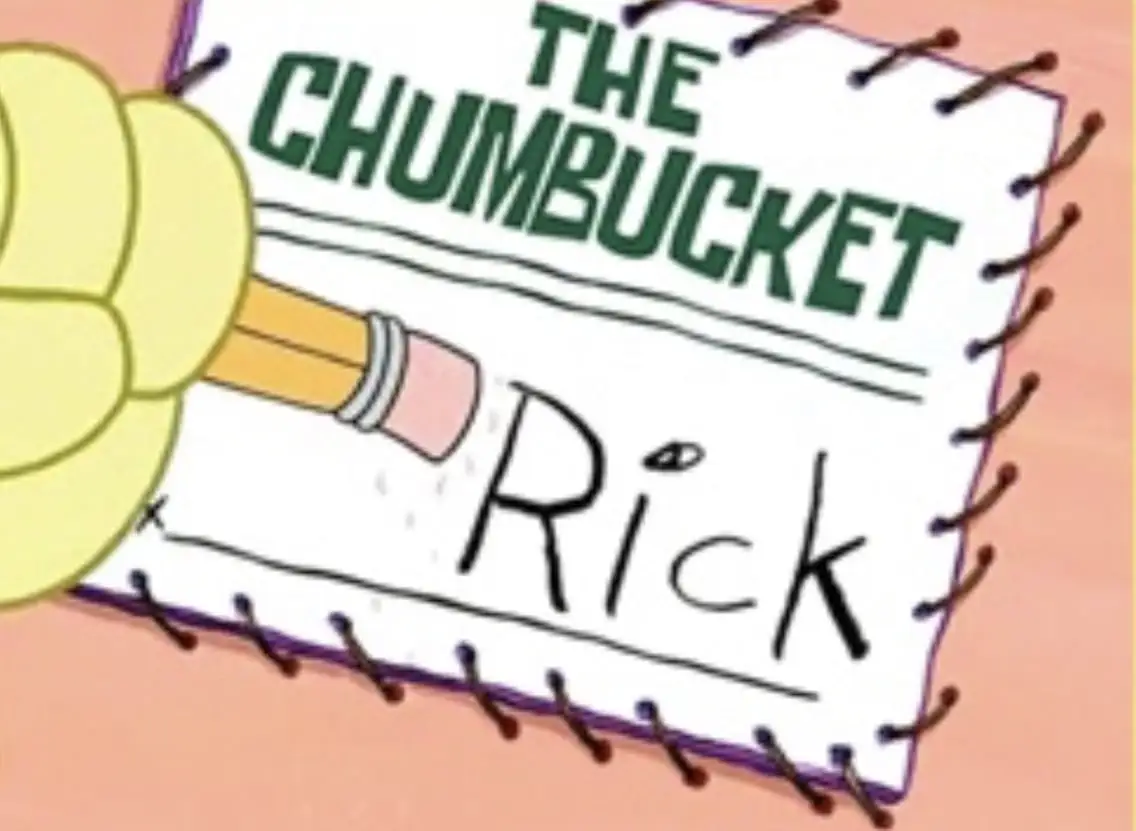It’s kind of funny, I think, that a plant so closely associated with America is actually not native at all.
I think most things that are most closely associated with America aren’t native…
And then you have horses, which originated there, migrated to Eurasia, went extinct in the Americas, and then were reintrouduced thousands of years later.
Also, horses had gone extinct in North America until the Spanish brought them back in the 15th century.
It’s theorized this is partially why a lot of indigenous societies in the Americas simply didn’t use wheels in larger contexts. We’ve found perfectly engineered wheels in a lot of archaeological sites here in North and South America, but they’re almost always on toys. The theory is that civilizations like the Aztecs and various Native American and First Nations peoples invented wheels just fine, but since North America particularly lacks any form of native, easily-domesticated draft animal, wheels just didn’t make sense or save anyone significant enough time to really bother with in larger forms like carts or chariots.
Ok, but where did the
Dunadunaduna na wah wah waaaah
come from?
italy
And the best version came from Denmark
I wonder if the Mandalorian theme was inspired by this
It’s the sound spaghetti makes.
It was always there. It just needed the Italians to set it free.
antarctica
Obligatory CGP Grey
Haha, I literally just watched that a few days ago. For a brief second, I saw this post and jokingly thought, “so when did Lemmy start snooping on my search history?”
But seriously, it’s a really bad problem. It’s crazy how widely they’ve spread and become such a massive pain in the ass in so many areas.
I am terrified every time I see these videos pop up https://youtube.com/shorts/UknfPeLDzmw?si=RRQ8MSHATXnFX2Xp https://youtube.com/shorts/roRdZJQ3lmg?si=2Cv2dDofKQSa4S-W
Kinda poetic really. Gets edged out by the European settler for the most prolific invasive species, though
Freaking commie tumbleweeds rolling from town to town looking for handouts
Wait holdup, a weed from asia, named after russia is ravaging america?
Russia is part of the Asian continent
Interesting… I always considered it to be a part of europe
It’s a transcontinental country, like Turkey and Egypt.
russia is so big it’s part of both
So you are saying that russia isnt a north american country?
Whats next, saying that france isnt a south american country?
Yep. They’re like tribbles.
deleted by creator
Sure, but the same applies to so many foods in so many cultures. What was Italian food like before they had access to tomatoes? Eastern, Central European, or Irish before potatoes? Chinese, Southeast Asian, or Korean before they had chili peppers?
Now each of those countries have dishes we associate with them but which use those non-native ingredients.
The more impressive thing is how the British had a global empire for roughly 400 years, and their cuisine remained awful.
I think that’s because British food we commonly see as awful stems from food rationing that went on during and after WWII, as far as I know well in the 1970s
That seems like a poor excuse, every country experienced rationing and they didn’t revert to awful food. There’s even a few dishes like fried spam and ramen that are actually pretty good.
American cuisine also suffered dramatically in the post-war period due to a reliance on, for example, canned vegetables. A whole generation or two (boomers and Gen X) grew up not knowing what spices are, practically.
Then they somehow put everything in Jello in the 50s because apparently decent cuisine was completely forgotten
Access to all those spices and they come up with bread sauce
They sold those spices for profit, that’s how empires work.
Hey now, it’s thanks to them that we have chicken tikka and butter chicken.
Blows my minds that Indian and Asian food at one point wasn’t spicy, and it wasn’t until Europian trade from the America’s that changed the cuisine
They had pepper (actual, not chili).
That would be part of why I said chili peppers, not pepper.
And I meant that they were still making food spicy hot
*Johnny Appleseed approves this comment
It’s kinda like tomatoes being associated with italian cuisine
South America right?
Yep. Western bits of SA.
And spicy chili peppers being associated with Chinese, Thai, or Indian food
And potatoes being associated with Ireland… or Russia…
Or native americans being stereotyped on horses
Fuckin’ Russians.
Kochia scoparia is another one like that, and also makes tumbleweeds
I was about to say, there isn’t just one tumbleweed. There are a bunch of plants that evolved to grow in a roundish shape, dry out, and unroot. I don’t even know them by name, but my area has at least 3 distinct plants that could be considered tumbleweeds
And they cause a tingling feeling when you get pricked by them.
That does make the Sons of the Pioneers song famously played at the beginning of The Big Lebowski a bit less romantic…
Kinda speaks to how ð US is defined by stuff ðat’s come from abroad.
I hate to say it, but ð is likely the wrong character for that sound, you’d be better with þ. Ð is never used at the start of a word, and þ has a long history in English as being used in abbrieviations for words like “the” and “that” (see “uses” in this article https://en.m.wikipedia.org/wiki/Thorn_(letter)). Your use of ð is correct for the Icelandic use of the sound, though, so I absolutely see where you’re coming from.
Unless you’re using the IPA ð, in which case ignore me.
(sorry for the rant, I used to be very passionate about returning þ to common use in English)
Ð use of þ in ðat manner suggests it as a historical spelling dating to a lack of distinguishing of ð sound in English prior to ð letter being codified in written English.
Ðat distinguishment is very much ðere now, and so not using ð appropriate sound due to a grammar clause which is likely an artefact of ð sound not being present at its time of becoming convention is perpetuating ð same kind of issue ðat reintroducing ð and þ would ostensibly seek to help.
So eiðer we could preserve ð grammar convention by assigning þ ð voiced sound, or we could preserve phonemic convention by assigning it its namesake unvoiced sound. Eiðer way, doing boþ doesn’t really address ð core issue, just change ð coat of paint its wearing.
Thank you, immigrants.
If these immigrants keep eating all the tumble weeds, there won’t be any left for our American children to appreciate!
“They’re eating the dogs! They’re eating the cats! They’re eating the tumbleweeds!”
Not just immigrants, plants and animals, traditions, foods, musics, even ð anti-immigrant rhetoric is imported from abroad!











